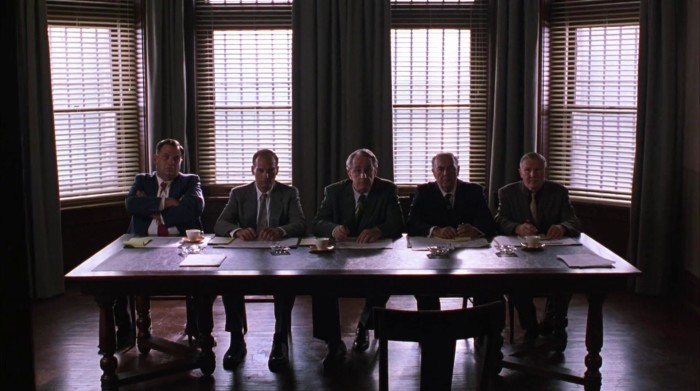If a person convicted of aggravated rape is paroled by mistake, is that person entitled to street-time credit for the period between his release and the revocation of his release?
The 5th Circuit said NO in Rhodes v. Thaler.
Rhodes v. Thaler, 713 F.3d 264 (5th Cir. 2013): Mandell Rhodes, Jr. was convicted of aggravated rape in 1980. He was paroled in 2004, but returned to prison in 2006 after violating a condition of his release. Rhodes claimed that he was denied street-time credit for the two years that he was on parole which “could have been used to accelerate his automatic release to mandatory supervision.”
According to Rhodes, Texas law required that when an inmate is released in error through no fault of his own, he is entitled to be credited with all earned street-time credit upon his return to prison. The denial of such credit, he argued, was a violation of due process.
Rhodes sought habeas relief in federal district court. The district court denied his petition. Through a Certificate of Appealability, the 5th Circuit was granted jurisdiction to decide the appeal and consider Rhodes’s argument that his street time should have been restored because he was erroneously released to parole. According to the 5th Circuit, Rhodes’s petition could only be granted if one of his constitutional rights had been violated.
In order to prevail under due process, Rhodes must have had a “liberty interest” in his claimed street-time credit. If he did not have a liberty interest in that street-time credit, he was due no more process than he received. In determining whether Rhodes had a liberty interest in the street-time credit he demanded, the 5th Circuit looked to Texas’ law of releasees that was in effect when his release was revoked.
At the time Rhodes’s parole was revoked, Texas’ “street-time credit statute,” Tex. Gov’t Code §508.283, controlled. According to §508.283, “if the parole, mandatory supervision, or conditional pardon of a person described by §508.149(a) is revoked, the person may be required to serve the remaining portion of the sentence on which the person was released. The remaining portion is computed without credit for the time from the date of the person’s release to the date of revocation.” According to the Court of Criminal Appeals, §508.149(a) includes persons- like Rhodes- who have been convicted of aggravated rape.
Therefore, because Rhodes was not entitled to street-time credit for that period, he had no protected liberty interest that was subject to due-process protection. Rhodes was only entitled to federal habeas relief if he was deprived of street time credit without due process. Because Rhodes had no protected liberty interest in the street-time credit that he claimed to have accrued, his due-process right was not violated. Therefore, the district court’s denial of Rhodes’s habeas petition was affirmed.


 A releasee (parolee) is entitled to a prompt preliminary hearing once the revocation process has been initiated by the execution of a revocation warrant. Morrissey v. Brewer, 408 U.S. 471 (1972). Due process, according to the Supreme Court of the United States in Morrissey v. Brewer, requires that a preliminary hearing be held “as promptly as convenient” after a parolee has been arrested to “determine whether there is probable cause or reasonable ground to believe that the arrested parolee has committed acts that would constitute a violation of parole conditions.”
A releasee (parolee) is entitled to a prompt preliminary hearing once the revocation process has been initiated by the execution of a revocation warrant. Morrissey v. Brewer, 408 U.S. 471 (1972). Due process, according to the Supreme Court of the United States in Morrissey v. Brewer, requires that a preliminary hearing be held “as promptly as convenient” after a parolee has been arrested to “determine whether there is probable cause or reasonable ground to believe that the arrested parolee has committed acts that would constitute a violation of parole conditions.”





